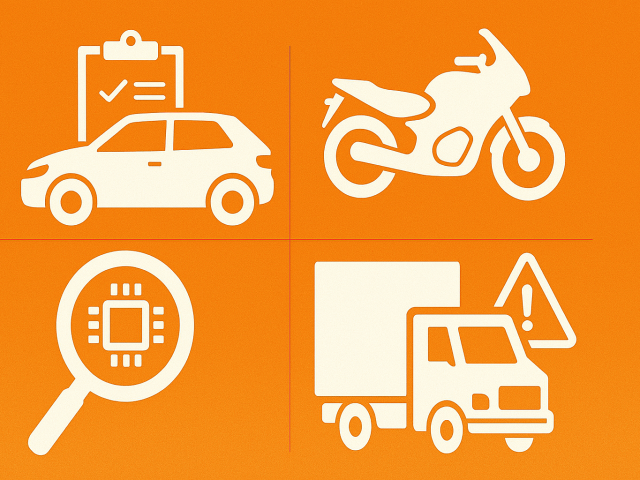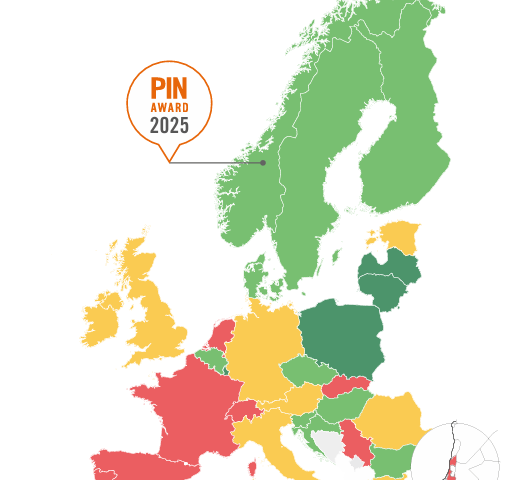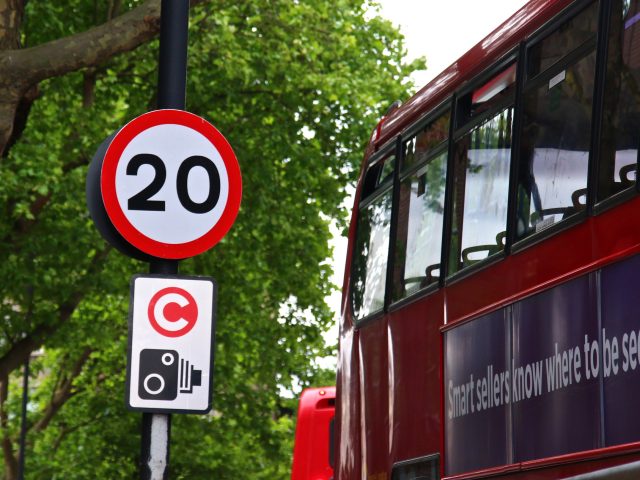UK law commissions say manufacturers should be responsible for self-driving car crashes
A new report from the UK’s independent law commissions recommends introducing a new Automated Vehicles Act, to regulate vehicles that can drive themselves. It also recommends drawing a clear distinction between features which just assist drivers, such as Tesla’s Autopilot, and those that are fully self-driving.
Under the law commissions’ proposals, when a car is authorised by a regulatory agency as having “self-driving features” and those features are in-use, the person in the driving seat would no longer be responsible for how the car drives. Instead, the company that obtained the authorisation would face regulatory sanctions if anything goes wrong.
The law commissions say that once a vehicle is authorised by a regulatory agency as having self-driving features, and a self-driving feature is engaged, there should be a new system of legal accountability:
- The person in the driving seat would no longer be a driver but a “user-in-charge”. A user-in-charge cannot be prosecuted for offences which arise directly from the driving task. They would have immunity from a wide range of offences – from dangerous driving to exceeding the speed limit or running a red light. However, the user-in-charge would retain other driver duties, such as carrying insurance, checking loads or ensuring that children wear seat belts.
- The Authorised Self-Driving Entity (or ASDE) that had the vehicle authorised would have responsibility for it: if the vehicle drives in a way which would be criminal or unsafe if performed by a human driver, an in-use regulator would work with the ASDE to ensure that the matter does not recur. Regulatory sanctions would also be available to the regulator.
- Some vehicles may be authorised to drive themselves without anyone in the driver seat. Here any occupants of the vehicle would simply be passengers. Instead of having a user-in-charge, a licensed operator would be responsible for overseeing the journey. There would also be requirements for passenger services to be accessible, especially to older and disabled people
The law commissions also recommend new safeguards to stop driver assistance features from being marketed as self-driving. This would help to minimise the risk of collisions caused by members of the public thinking that they do not need to pay attention to the road while a driver assistance feature is in operation.
The report has now been presented to the UK Parliament and the Scottish Parliament but it will now be up to the UK, Scottish and Welsh Governments to decide whether to accept the commissions’ recommendations and introduce legislation to bring them into effect.







